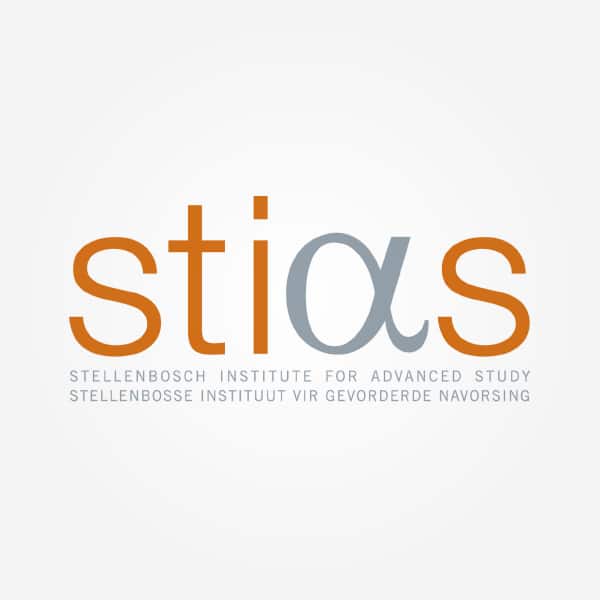The false codling moth (FCM) is a key quarantine pest in Africa. Agricultural exports infested by the pest are unacceptable in the international markets, causing losses of millions of US dollars in foreign exchange earnings. In Uganda (and probably most African countries), inspection of agricultural exports, of which pepper is key, relies on visual observations, which seem ineffective in pest detection. In 2014, 141 consignments of Uganda’s pepper exports to Europe worth over one million US dollars were intercepted due to infestation by FCM. The proposed study aims at increasing Uganda’s pepper exports through adopting the use of a portable gas chromatograph (The Z-Nose) for rapid and effective detection of FCM in pepper exports. This devise can detect and quantify different components of chemical volatiles within 10 seconds. The study is premised on the theory that pest infestation induces plants to release defensive chemicals; therefore characterization of chemicals released by pepper fruits that are infested by FCM can facilitate detection of the pest in pepper exports using the Z-Nose. The study will first characterize FCM induced pepper volatiles, then optimize the Z-Nose to detect the volatiles in pepper infested by the pest.

